Pinterest Ads: 16 Best Practices for Creatives & Strategists
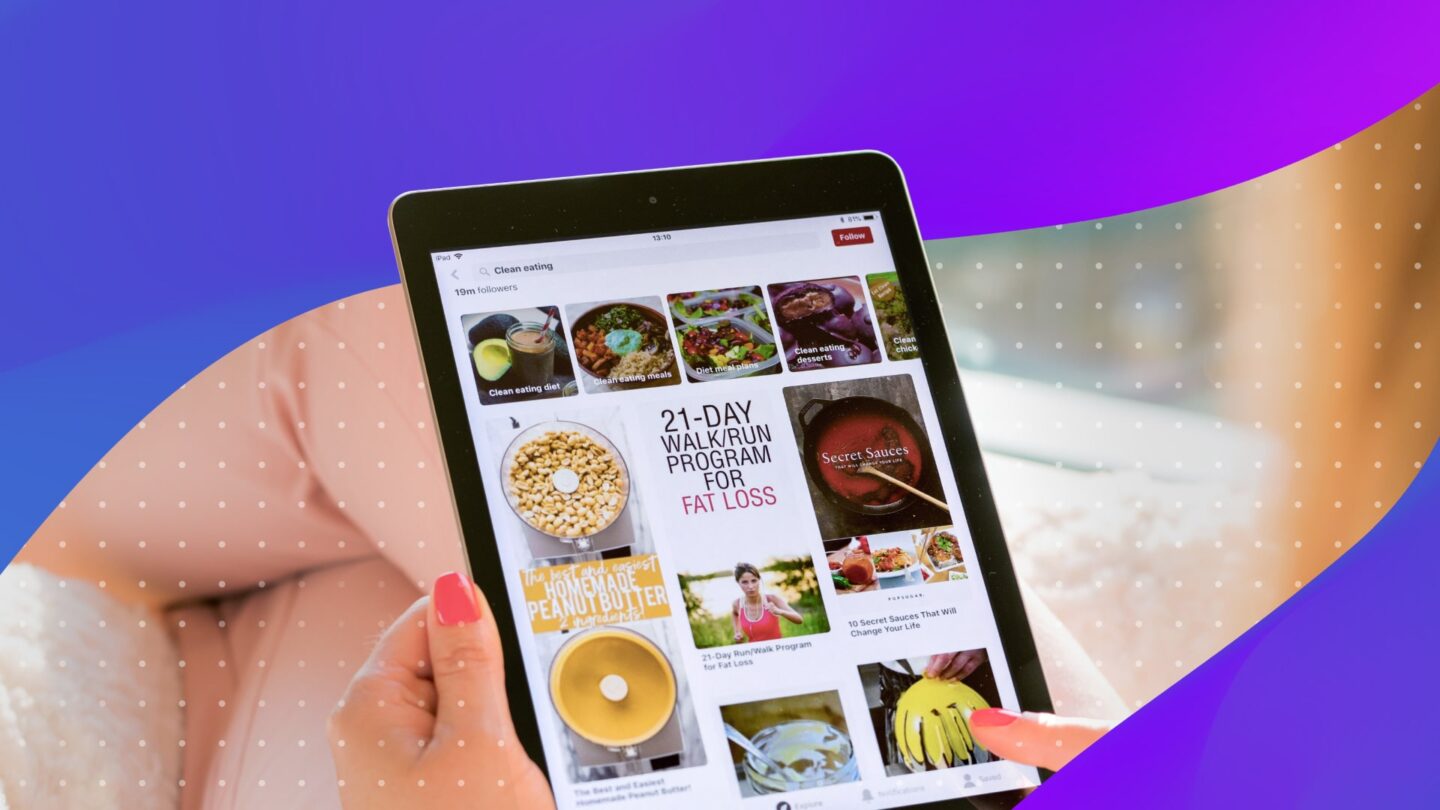

The Skinny: Pinterest has evolved into a high-intent visual search engine where over 600 million monthly users—led by a rapidly growing Gen Z demographic—plan and shop for products long before they hit traditional search engines. By leveraging AI-powered insights like Pinterest Trends and immersive formats like AR “Try On” Pins, brands can achieve 2.3x more cost-efficient conversions than other social platforms while maintaining a positive, brand-safe environment.
With a reported 450 million active users every month (MAUs), and a growing number of consumers that frequent the channel for product discovery, Pinterest has emerged as a powerful social platform for brands looking to diversify their paid social media mix. This makes sense when you consider that “shoppers on Pinterest spend 2x more per month than people on other platforms.”
In addition to exponentially growing its base—with notable increases in Gen Z, Millennial, and male users—and improving media sharing features, we’ve seen Pinterest make great strides in advertising capabilities for brands as well as strengthening its agency partnerships. In fact, 2022 was Pinterest’s best year for revenue and total active users to date, and this trend shows no sign of slowing.
In this guide, we dive into everything a brand should know about Pinterest ads: the different campaign types, targeting, creative, and some strategies from the experts.
“In recent years, Pinterest has taken leaps to improve their shopping capabilities and experience within the platform. These changes have resulted in more regular users, higher conversion intent, and more options for advertisers to attain new customers.”
— Dimond Gooden-Hilton, Associate Director of Paid Social at Tinuiti
Since 2009, Pinterest has fostered an online gathering place for people seeking gift ideas, recipes, DIY projects, and general inspiration. With enhanced business features like product feeds and on-platform checkout, it has become an important sales and marketing channel for large and small retailers alike.
While 2020 was a tumultuous year for advertisers due in large part to the COVID-19 pandemic and iOS14+ impacts on signal loss, Pinterest has seen steadily impressive growth within their engaged user base since the second half of 2020. Many point to the positivity of Pinterest as a driving force for advertisers more heavily embracing the platform during the pandemic just a few short years ago.
As The Motley Fool noted at the time:
“What makes it stand out from competitors like Facebook and Twitter is that it is focused on the finer things in life while avoiding hot button issues like politics or news stories. This makes using Pinterest fun for users and “brand safe” for advertisers.”
Pinterest is specifically designed to encourage users to discover new products, explore projects, and uncover gift ideas. It’s a social marketplace where sharing and promoting products isn’t perceived as intrusive (as it can be on other social networks) — it’s actually encouraged.
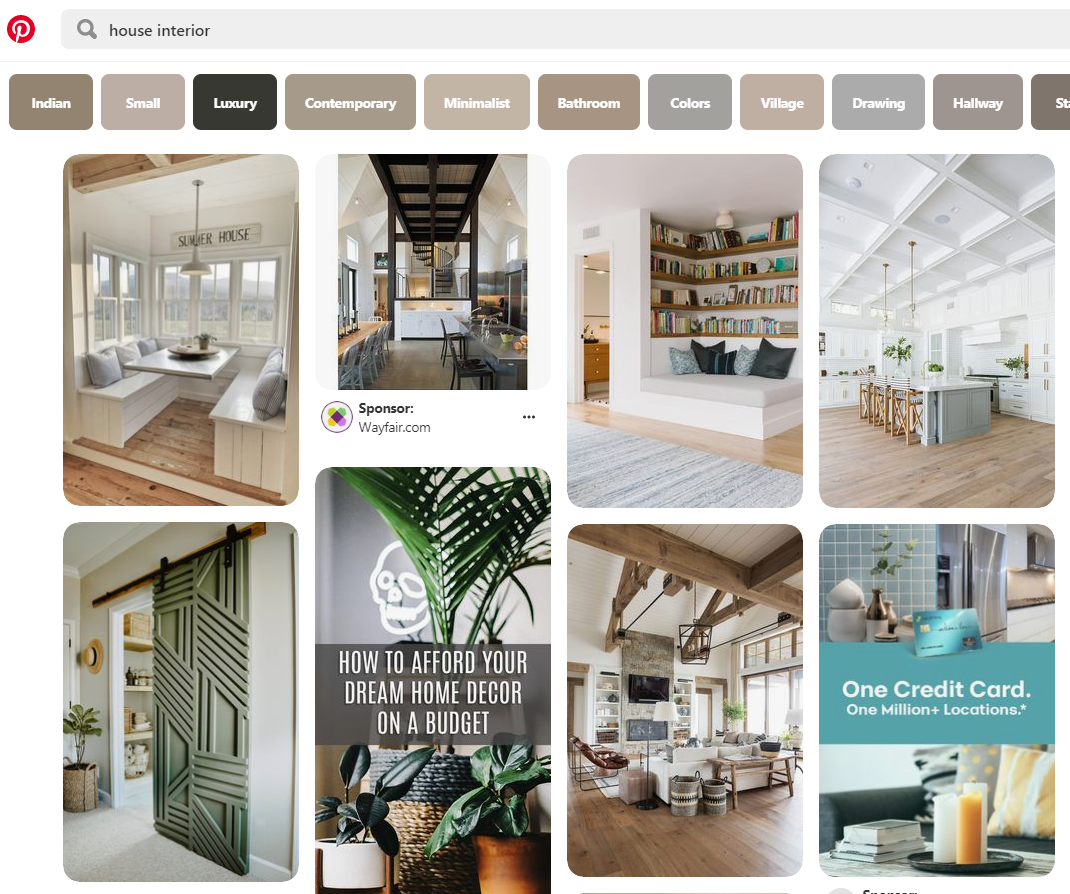
Compound that with 72% of surveyed Pinners reporting that “Pinterest inspires them to shop when they aren’t actually looking for anything,” and 70% saying they “discover new products on Pinterest,” and you have a good case for your brand to be present and active on the platform.
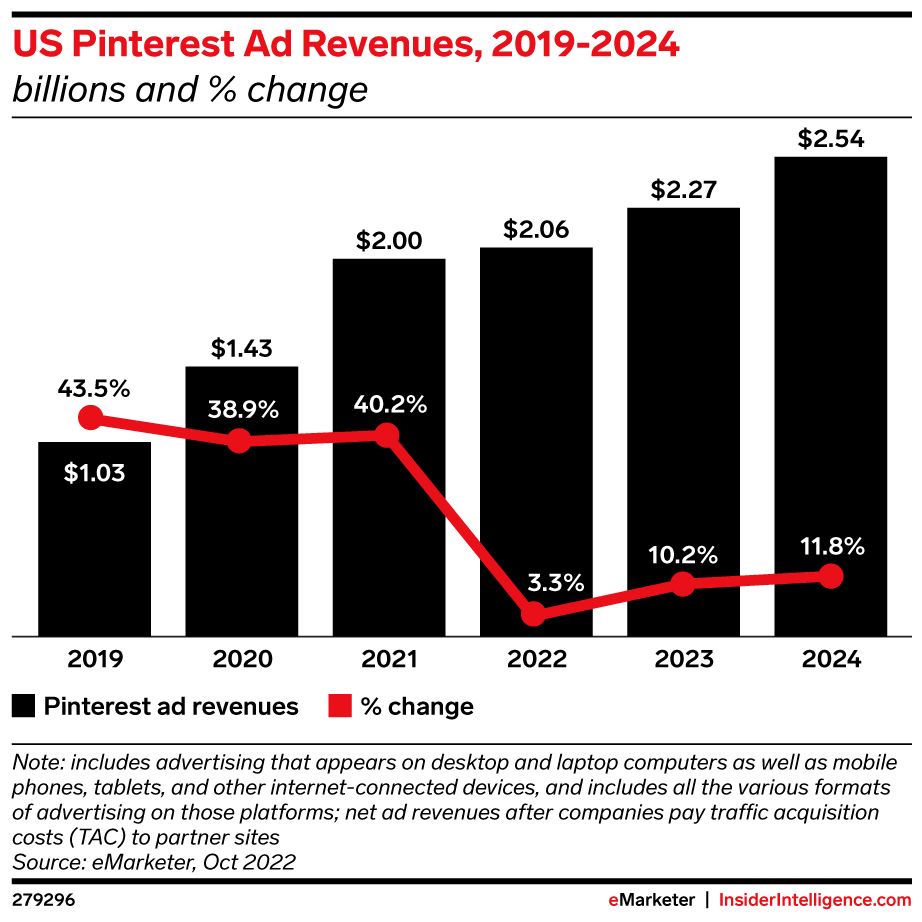
Tinuiti advertisers were among those leaning more heavily into Pinterest in 2022, with triple figure increases in adoption rates. After 2020, advertisers have become more open to exploring social platforms that historically took a backseat to Facebook and Instagram. As Facebook’s active user rate declines, consumers are becoming more engaged with other platforms, creating the perfect opportunity for brands to reach new audiences in innovative ways.
Subscribe to our Paid Media Newsletter for weekly updates on media and advertising.

Pinterest uses a unique system of Pins that users can save and review later.
Retailers and creators make Pins and users can then search through them and ‘Pin’ them to their profile.
Pinterest uses associated keywords and hashtags with these Pins to help customers find what they are searching for more easily. Here’s an overview of the different Pinterest Promoted Pins that you can create.
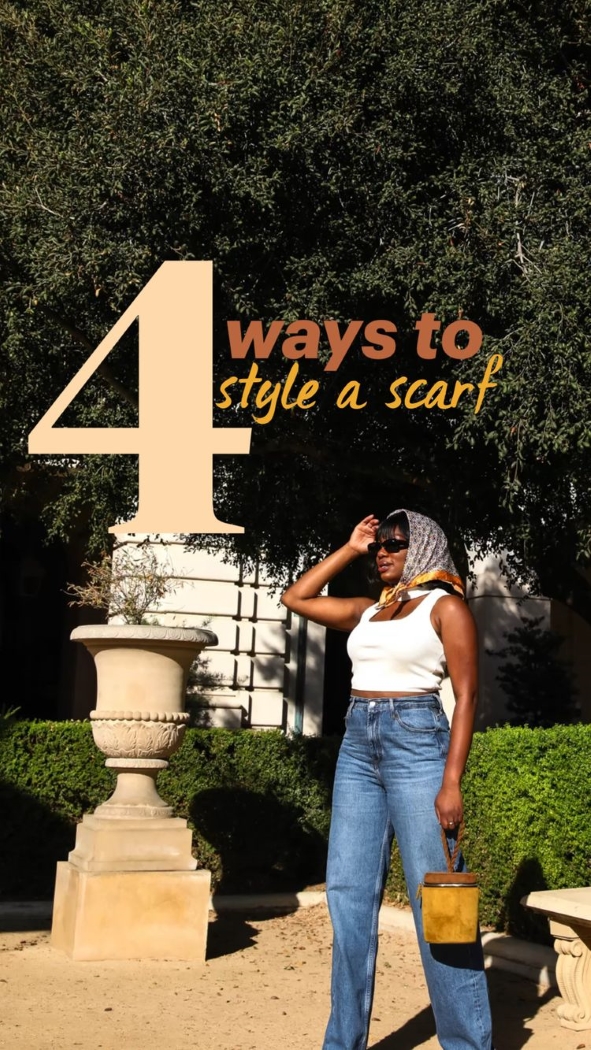
Idea Pins were launched in 2022, and are sometimes referred to as Story Pins. These Pins are designed to give Pinterest users not only inspiration, but information about how to act on that inspiration. These Pins can include up to 20 individual graphics, or take the form of a short video. Popular use cases for Idea Pins include tutorials, such as how to apply a certain makeup look or put together an outfit and accessories.
Idea Pins are packed with features aimed at increasing conversions. In addition to having the ability to tag users, you can employ unique text and graphic overlays, interactive stickers, and of course, use relevant hashtags to aid in content discovery. You can even add a voiceover and/or detail pages that outline things like the list of products used in a Pin.
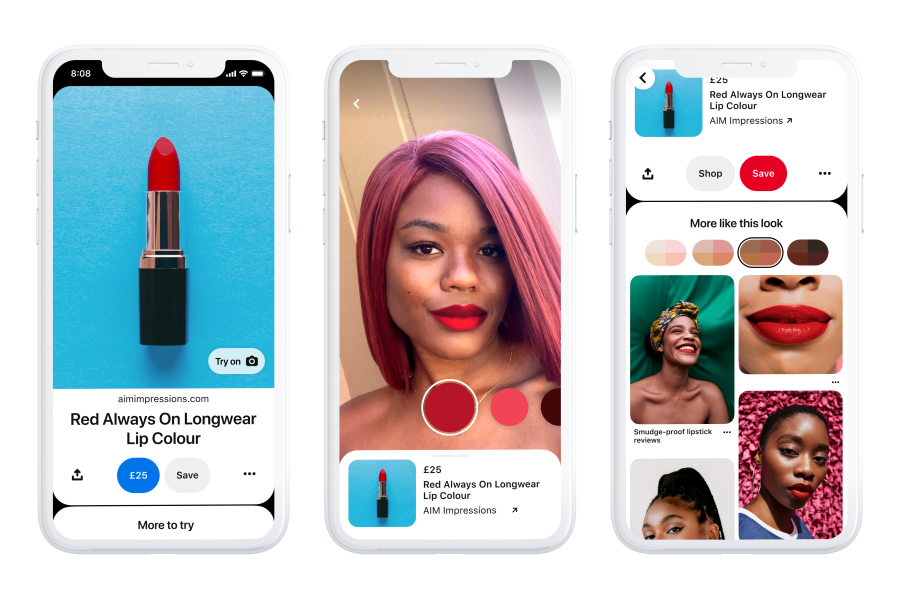
As much as we all love online shopping, it can be difficult to determine how an outfit will actually look on our body, or what a makeup product looks like once applied to the skin. Enter Try on product Pins, a 2022 launch that has proven successful and popular with brands and users alike.
To use Try on product Pins, brands are required to have a Pinterest Business account and active product catalog, and work with a Pinterest account manager to create and activate.
Using their mobile phone’s camera, users can virtually ‘try on’ items that are featured in Try on product Pins, which leverage augmented reality to ‘apply’ products. In addition to makeup and clothes, common Try on product Pins include accessories and eyeglasses.
Pinterest Promoted Pins do exactly as their name implies, sending your products and the information provided for them directly to the potential customer to save. If another Pinner then repins the Pin (that was originally Promoted) from one of that user’s boards, the Promoted label is not carried over to the repins, which will be ‘free’ earned media.
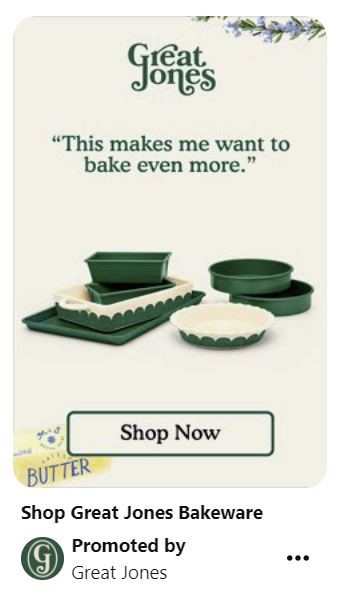
Promoted Pins are similar to organic Pins, with the exception that retailers must pay to have them seen by more Pinterest users. Typically, these native ad units perform just as well, if not even better than organic Pins, expanding visibility to relevant search results, category feeds, and the home feed. Promoted Pins can take the form of a static image, or a video.
Brands can use Promoted Pins to:
Within Promoted Pins, you can have Standard Pins, but we recommend installing the Pixel and meta tag to create Rich Pins.
Rich Pins are an exciting free option for Pinterest advertising that is available to all Pinterest users. Rich Pins allow you to link metadata from your company’s web page directly to the Pin on Pinterest. Before you’ll be able to begin creating Rich Pins, you need to apply for them to ensure your data syncs properly.
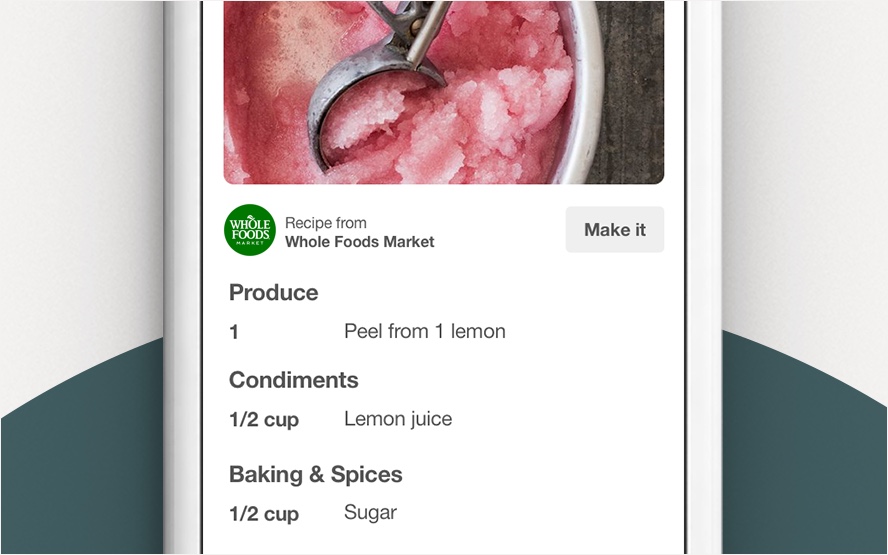
Rich Pins are divided into several categories based on the type of metadata that are linked through it:
Rich Pins allow for more information to be displayed on Pinterest, and when you make any changes to metadata on your website, that will immediately be updated on the Pin.
To make it even easier for consumers to surface Pins showcasing purchasable goods while browsing, Pinterest added a ‘Shop’ tab in April 2020. This allows users to easily hone in on in-stock items they can purchase now, or Pin for later, with the ‘Shop’ tab being automatically added to boards that include shoppable items pulled from your product catalog. Merchants can also transform their Shop tab into a visually appealing storefront. This helps merchants feature those in-stock products in a more organized, deliberate way.
These Shoppable Pins can also help you capture customers who saw your product—or a similar product—elsewhere, thanks to enhancements to Pinterest’s Lens camera.
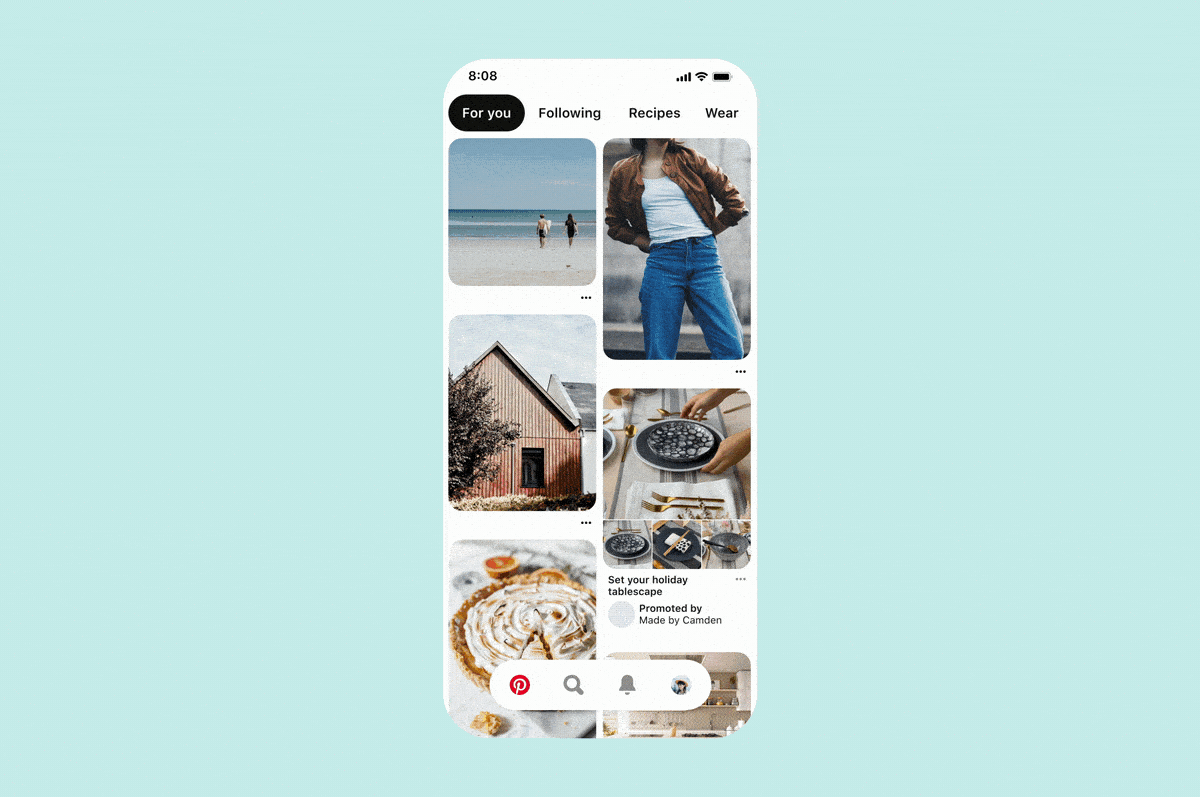
This popular ad type is comprised of one large video or image accompanied by 3 additional images. Once a user clicks into a Collection Ad, they will be shown up to 24 images that you have included on the ad detail page. Collection Ads are primarily feed-based, with the secondary images typically being pulled in from the product feed.
Collection Ads give brands and advertisers a chance to spotlight the most important, eye-catching elements of their product lineup, providing mobile users with more detailed information and imagery once they click through. Similar to a product detail page on your website, it can be beneficial to include a variety of image types, including close-ups on features of unique details, and lifestyle shots.
Collection Ads can be created automatically by Pinterest, or created manually.
Similar to product carousels on ecommerce websites, Pinterest’s Carousel Ads give users the opportunity to swipe through a series of up to 5 photos on both mobile and desktop devices. These look similar to organic Pins, with a series of dots beneath letting users know there are more images in the carousel, much like on other digital platforms.
For the different images you’ll include for viewers to swipe through, each is independent, and can contain a unique title, description, and landing page link.
Rather than spreading your budget across different ad sets/ad groups and creative, advertisers can focus more on performance than allocating specific budgets. With the exception of Video View campaigns, which allow you to select ad set budgets, all Pinterest advertising options run on a master Campaign Budget.
While you can’t set budget for most campaigns at the ad set level, there are still other advantages to grouping similar or complementary ads. By grouping Promoted Pins together advertisers can more easily test their marketing efforts.
The cost per click for Pinterest ads naturally varies, with Pinterest generally being a more affordable social media advertising platform than other popular players, including Meta’s Facebook and Instagram. You’ll decide on a maximum daily or lifetime budget for your campaign, and be able to choose from two ad group bidding models: Custom Bids and Automatic Bids.
Custom Bids: Advertiser sets the maximum bid they are willing to pay per campaign action. Minimum bids are set for each ad format. You will not necessarily pay your maximum for each click—this is simply the ceiling of what you’re willing to pay if circumstances dictate that price.
Automatic Bids: When leveraging Automatic Bids, you give the reins to Pinterest to automatically adjust your bids to give you the best exposure possible considering real-time conditions.
Pinterest users are browsing with a discovery mindset, hoping to find products, crafts, and ideas to implement within their lives. These users expect to see copy and context within the creative images they view on-site. Let’s unpack 8 creative best practices to keep your brand on-brand for Pinterest…
Your brand should always be accurately represented and given appropriate focus, including ensuring you include your logo on your images and within your videos. This will help increase brand awareness, and eliminate any content attribution issues.
Source: Pinterest
As with all platforms, it’s key to ensure you provide Pinterest with appropriately sized images, video, and copy. Below we dive into the specs for different Pinterest ad types…
An aspect ratio of 9:16 is recommended for Idea Pins, with an ideal size of 1080×1920 for “full-bleed” images and videos. Acceptable image formats include .JPG, .PNG, .BMP, .WEBP and .TIFF, with image sizes up to 20MB each. Accepted video formats include .MP4, .MOV, and .M4V, with H.264 or H.265 encoding and a recommended 1GB file size.
Idea Pin videos can contain up to 20 video clips, with each video being 3-60 seconds in length. The titles for Idea Pin images and videos can be up to 100 characters in length; text boxes can contain up to 250 characters.
Featured images for Collection Ads are accepted in .JPG or .PNG formats, and should be 10MB or smaller in size. If you’ll be working with a featured video instead of a featured image, accepted formats include .MP4, .M4V and .MOV with H.264 or H.265 encoding.
Videos can be up to 2GB in size, and range in length from a minimum of 4 seconds to 15 minutes. Hero images have a required aspect ratio of 1:1 or 2:3, with secondary creative accepted in the same aspect ratios; 1:1 is recommended for secondary creative “to best control how they appear in people’s feeds.”
The additional images you’ll add to Collection Ads follow the same format and aspect ratio recommendations as featured images, with the option to add between 3 and 24 total additional images. Ad copy can be up to 100 characters for titles, and up to 500 characters for descriptions. Note that the description is not shown in paid ads, only organic Collection Pins viewed up close, but does factor into the algorithm.
Carousel ads can contain between 2 and 5 images, with each image having a maximum size of 20MB. Images can be .JPG or .PNG with an aspect ratio of 1:1 or 2:3. Ad copy can be up to 100 characters for titles, and up to 500 characters for descriptions.
An aspect ratio of 2:3 is recommended for Promoted Pin images, with acceptable formats including .JPG and .PNG files up to 20MB in size (desktop) and 32MB in size (in-app). Titles can be up to 100 characters, with descriptions having a 500-character limit.
For Promoted Video Pins, files can be up to 2GB in size in MP4 or MOV formats. Videos can range in length from 4 seconds to 15 minutes. It’s important to ensure your video is accessible and understandable for viewers who watch with the sound turned off. Video descriptions can be up to 500 characters long.
Accepted standard video ad formats include .MP4, .MOV or .M4V, with H.264 or H.265 encoding and a file size limit of 2GB. The recommended aspect ratio is 1:1, 2:3, or 9:16, with videos required to be shorter than 1:2, and taller than 1.91:1. Videos can range in length from 4 seconds to 15 minutes, with titles up to 100 characters, and descriptions up to 500 characters.
As noted by Pinterest, “descriptions do not appear for ads when viewed up close.” That said, they do help determine “relevance for delivery” for the Pinterest algorithm.
Accepted file types for Max Width video ads include .MP4, .MOV or .M4V, with H.264 or H.265 encoding and a file size limit of 2GB. Video length can range from 4 seconds to 15 minutes, with an aspect ratio of 1:1 or 16:9, titles up to 100 characters, and descriptions up to 500 characters. “Note that max. Width videos can’t exceed the height of a 1:1 aspect ratio.”
Advertisers are recommended to include text overlays with actionable callouts within creative assets to catch users’ attention. Use text sparingly but deliberately, leveraging descriptions to add further context.
Examples of some short text overlays you might consider include: Let’s Celebrate, Yay for Summer, Shop New Styles, Just Add Accessories, etc.
The strategic development and implementation of video is only growing across Pinterest and many other platforms, and the options and capabilities are growing along with it. As Search Engine Land land shared in February 2023, from Pinterest CEO Bill Ready, video is key in reaching Gen Z:
“We’re building an experience that resonates with this audience, specifically around video. In fact, nearly half of all new videos pinned in Q4 were from Gen Z users.”
“Over the long term, we also want to make every pin shoppable. To that end, we’re making video content on Pinterest more actionable using the same playbook we applied to static images. Over the course of this year, we will be deploying our computer-vision technology across our video corpus to find products and videos and make them shoppable.”
Combining short video clips with text overlays—or even using GIFS—can be a great way to compel your audience to build awareness and clickthrough to your landing pages.
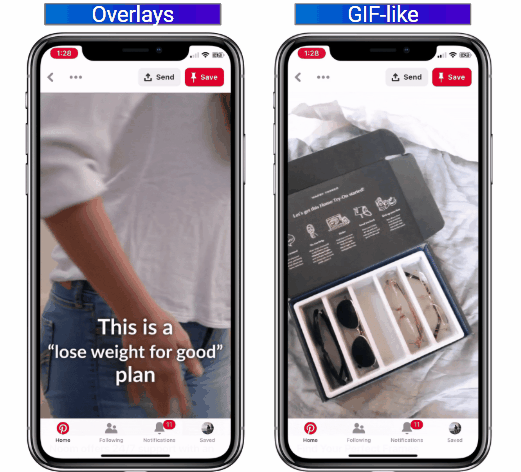
We recommend keeping your videos playful and product-focused because Pinterest users are expecting to discover and potentially buy items they are interested in.
Videos Pins can be leveraged in both Standard and Max Width formats. Max Width Video ads rolled out in 2019 and dominate the viewer’s feed by spanning across both columns of their grid. Max Width Video is seeing strong success in driving increased brand awareness and engagement rates.
For advertisers that don’t have a design team dedicated to Pinterest ads, Pinterest’s Pin Builder tool can be a great way to make light edits before publishing your Pins online. In addition to the Pin Builder Tool, the platform also connects brands with Pinterest-preferred creative developers that create assets specifically made to succeed on the platform; ensuring lack of creative is not a roadblock in launching on Pinterest!
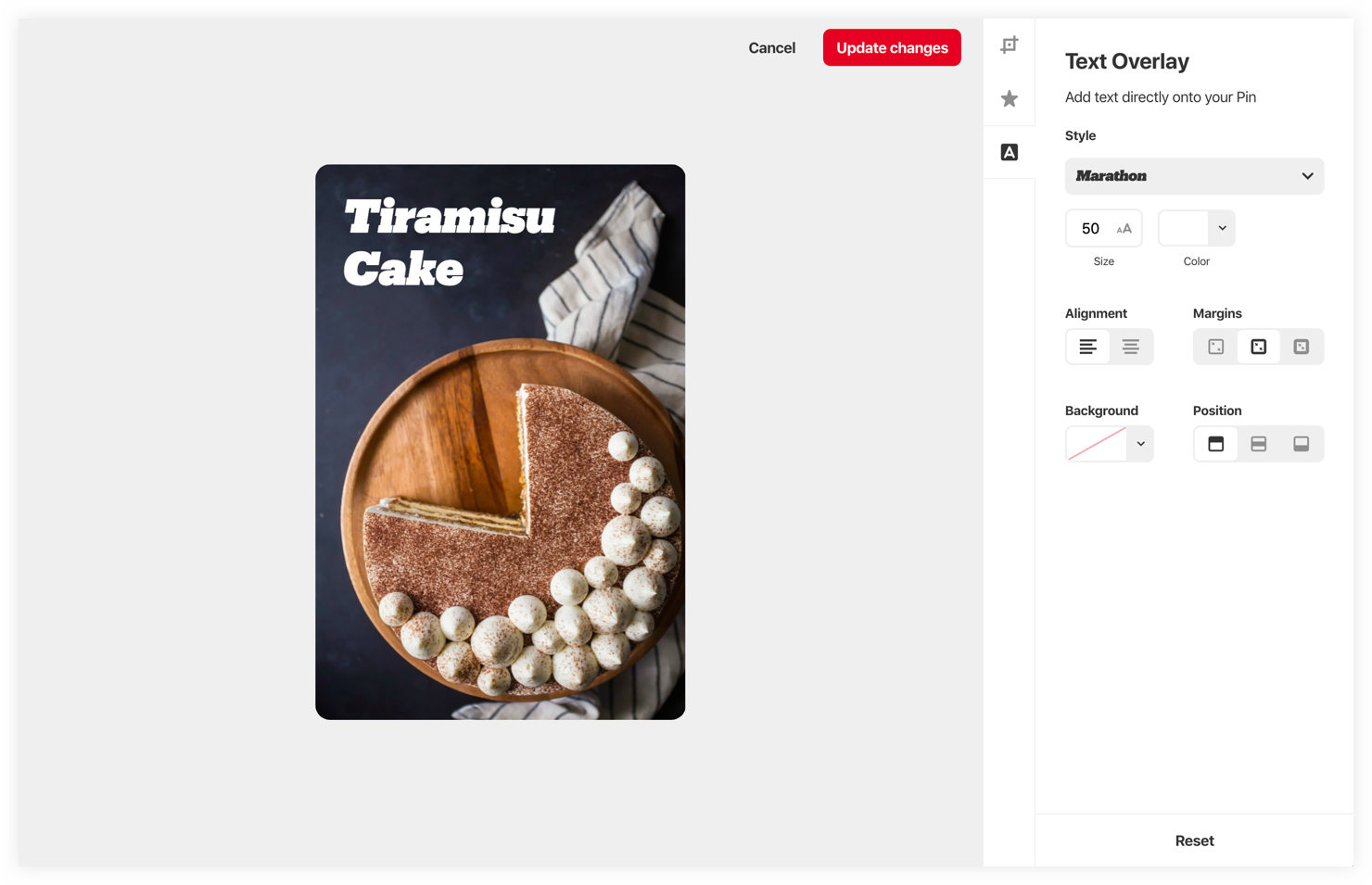
“To bridge the gap across additional social platforms Pinterest has implemented a Pin Builder Tool within the build flow on their UI. This tool provides the ability to crop images, and add logos and text with a variety of colors, fonts, and size options.”

“Taking advantage of this tool makes repurposing creative from other platforms to fit what Pinterest users expect to see simple and smooth.”
Sometimes we forget the simplest rules of marketing, including making it very clear what action we want users to take. Use those precious seconds your ad is in view to entice them with eye-catching imagery and a clear call to action or other important element.
For example, if your ad features something that will be available for purchase at a specific date or time, include that prominently in the ad. Some examples include: New Color Dropped!, Buy Now, Shop it Here, Coming Next Week, Sign Up Now, Register for Free, Subscribe Today.
Pinterest can be thought of as social and shopping’s “happy place,” and that is central to how the platform operates and functions. People don’t rely on Pinterest for the latest news; they come there for the most unique ideas and inspirational Pins, boards, and how-tos. Stay true to Pinterest’s vibe in all your marketing messaging, giving users what they come to Pinterest for in both content and sentiment.
“Pinterest managed to wade through 2022’s wave of social media drama relatively unscathed thanks to its search and shopping-oriented nature. Avoiding conflict has kept it in the good graces of advertisers who are more wary than ever of where to place their shrinking budgets.”
— eMarketer, on the brand safety Pinterest offers
It’s perfectly fine to use some of the same images and videos you’ve already created and employed across your website and other channels, but you’ll want to be mindful of what’s already on Pinterest, and the overall freshness of what you’re sharing.
Make it a focus to regularly add brand new and ‘new to Pinterest’ images and videos that haven’t already been posted by you or another Pinterest user. Given their prominence as a source of inspiration, Pinterest prizes brand new content and creative that they and their users haven’t seen before.
Now that we’ve explored creative best practices for Pinterest ads themselves, let’s dive into some things you should keep in mind when crafting them.
To appeal to a wider range of Pinterest users, we recommend testing various ad formats. There will always be people who prefer one form of content over another, or even those who prefer certain types of content within differing categories. Certain ad types also work better for different initiatives, goals, and available creative assets.
For example, while some users would be more inclined to click on a static photo of a dress, others might prefer a short video showing how that dress moves when walking. Including Product Pins and Video Pins helps ensure you’re delivering interesting content in the preferred format, which can also help more of your Pins be seen thanks to controllable distribution.
It’s important to take advantage of Pinterest Trends as they apply to your brand, but don’t force anything! Pinterest and users understand the things that your brand would naturally be a part of or fall within, and posting non-relevant content doesn’t benefit you, users, or the Pinterest algorithm that is helping determine who to show your Pins and ads to.
This doesn’t mean that all your boards have to be purely commerce-driven. For example, if you are a brand that sells reusable water bottles, a relevant, non-sales related board could be top hiking destinations across the country. You could even encourage shoppers to share their own adventure pics featuring your product using a specific hashtag, and repin them to a board just for testimonials and your product being showcased ‘in the wild.’
As always, it’s important to consider your goals first. Once you’ve honed in on exactly what you want your Pinterest advertising campaigns to achieve, you can map them to available Pinterest ad objectives, including:
After you’ve created Pins, you will have to select a method of targeting your audience…
Along with keywords and interests, advertisers using Pinterest can target users based on gender, language, devices, location, and more. Keep in mind that using more of these targeting options will increase Pinterest advertising costs.
You can also create Shopping Ads to dynamically retarget audiences using Pinterest’s product feed tool, known as Catalogs. Pinterest enhanced the Catalog feature with a “more intuitive interface” that makes it “faster and simpler for merchants to upload their catalogs and activate shopping ads, with faster Catalog feed ingestion, video as the main hero image in collections, collections as a new shopping ad format, and a new preferred scheduling tool that lets retailers upload all products to Pinterest on their own time.” This update also brought Catalogs and collections together “to make collections a shopping ad format.”
There are several different bidding strategies that you can use for your Pinterest ads, including an automated bidding option in Ads Manager and the Bulk Editor, which enables Pinterest to bid on your behalf. Here are two that we find work particularly well for brands selling on Pinterest.
As a higher funnel initiative, Pinterest’s Destination View optimizes to those users that not only click on Pins, but make it to the landing page URL. This allows advertisers to drive more qualified traffic to the site.
Pinterest Trends and Pinterest Predicts provide opportunities for advertisers to keep up with the hottest current and up-and-coming topics, keeping a pulse on what your target audience wants to see now and next. Browsing Pinterest Trends is helpful for finding ways to react to trends in real-time, while the Pinterest Predicts roundup helps in proactively preparing for an emerging trend that might make sense for your business.

Some of Pinterest’s “top 27 emerging trends for 2023” include:
Think of how these and the other top predicted trends for 2023 are reflected in your offering, and design Pins to capitalize on them before the trend comes and goes!
While it’s always important to consider the functions, goals, and audience of a given platform in crafting your strategy, Pinterest ads can and should be integrated with other social campaigns for the widest, most impactful reach.
Brands that already advertise and sell on Facebook know that there are serious advantages to diversifying their budget into other social channels, which is another reason Pinterest makes such an attractive choice.
Pinterest Ads offers marketers an opportunity to reach customers in the upper to mid-funnel capabilities with compelling inventory and improvements to its self-serve ad platform.
Now that you know which ad types are available and how to optimize them for performance, it’s time to get started!
As Tinuiti clients have leaned more heavily into Pinterest advertising, our teams have had increased opportunities to experiment with the many ad types and unique opportunities Pinterest offers. Let’s take a closer look at the top notch creative and campaign management that spelled Pinterest success for JOANN and Boston Proper.
The below 2 Pinterest creatives have been top performers in our Paid Social team’s lower-funnel conversion campaign (LAL website visitors targeting) for JOANN, with a focus on ROAS + CPA performance.
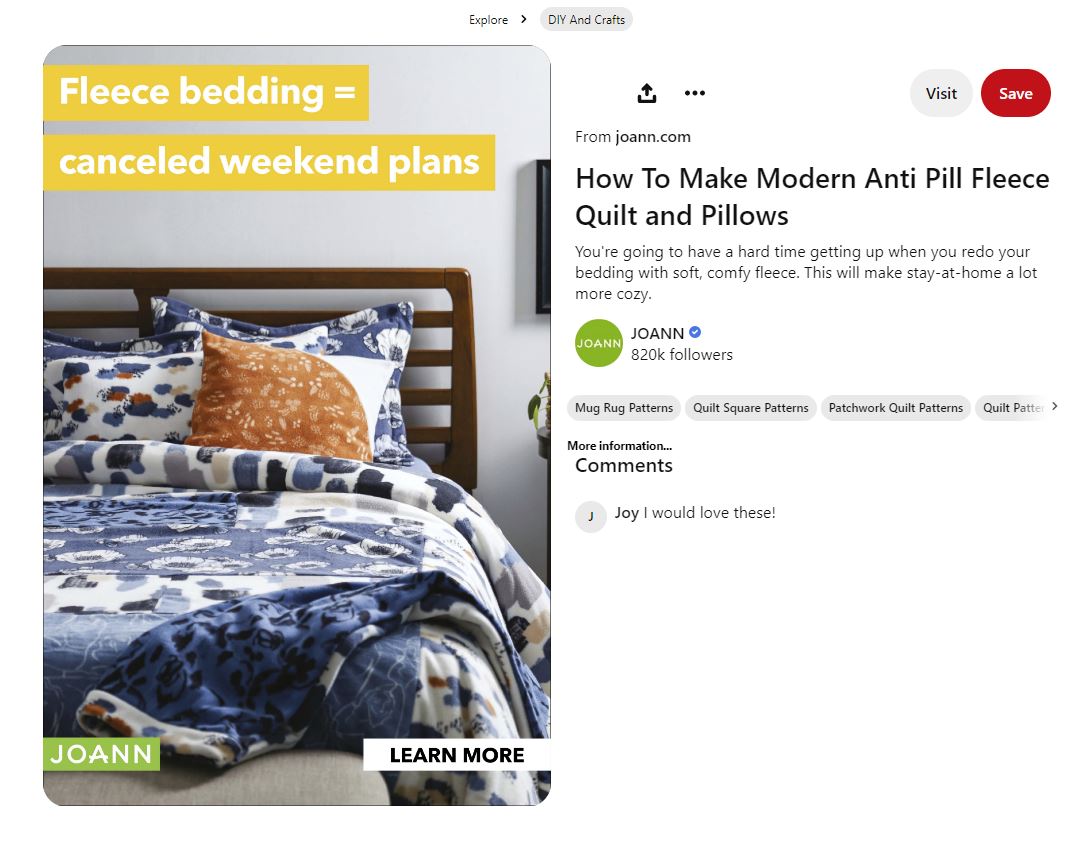
Performance stats and creative highlights that illustrate some of the best practices we’ve explored above include…
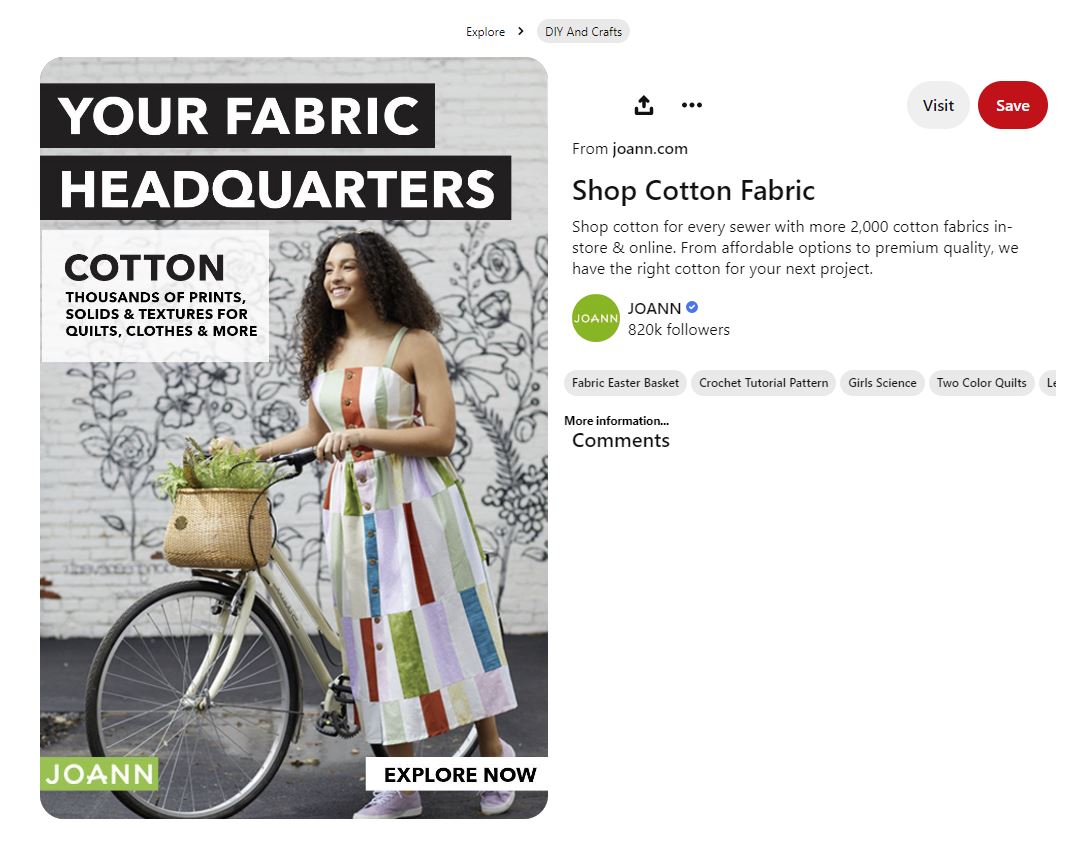
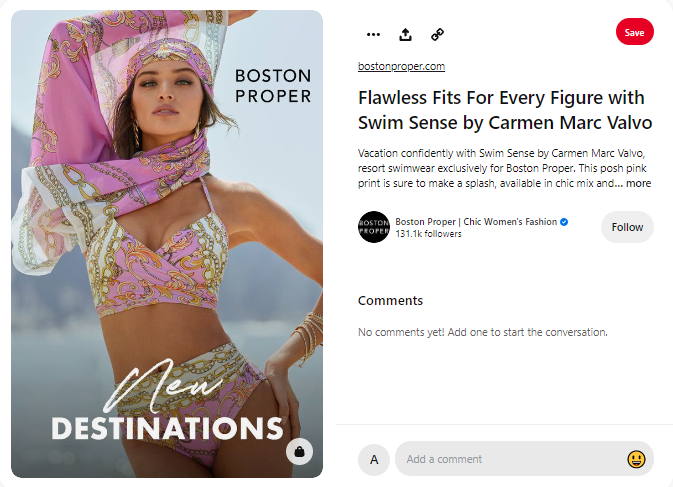
“Imagery with single shots of models in statement pieces have been top performers. These photos are more likely to stand out within the Pinterest feed than images with 2 models or heavy text overlays. These 3 ads accounted for nearly half of total revenue. We’ve also found static ads have a 17x higher CTR and result in more than double the amount of revenue than video ads.”

— Alyssa Piciucco, Paid Social Strategist at Tinuiti
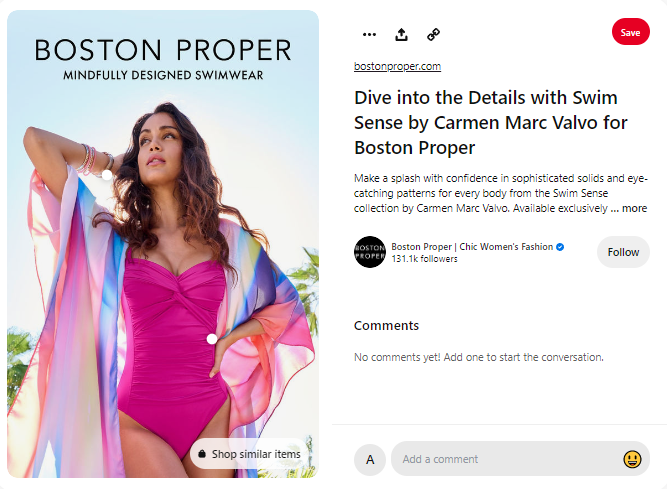
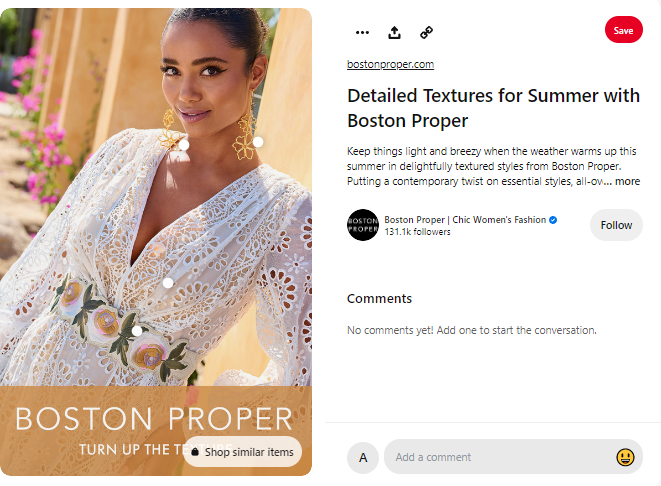
Pinterest advertising is becoming a more viable marketing channel each year, especially for brands that have an audience that frequents the platform for product discovery and ideas.
Ready to learn more about how advertising on Pinterest can benefit your brand? Contact us today to chat with an expert.
Download our Digital Ads Benchmark Report for a deep-dive on data across Google, Meta, Amazon, and more.

Editor’s Note: This post was originally published by Greg Swan in April 2020 and has been regularly updated for freshness, accuracy, and comprehensiveness.
